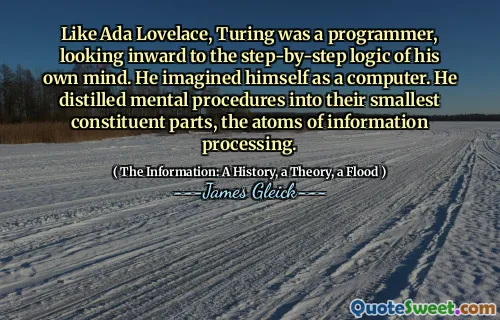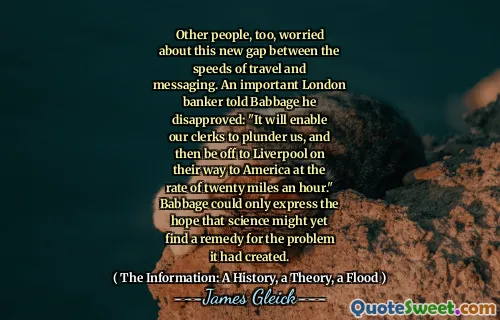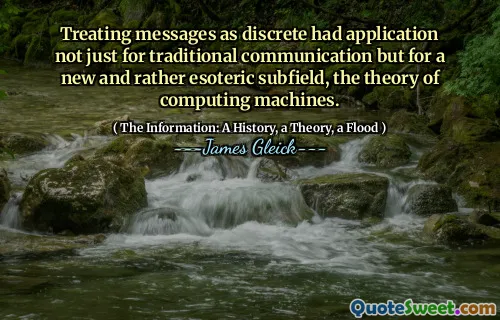Margaret Atwood writes: "As with all knowledge, once you knew it, you couldn't imagine how it was that you hadn't known it before. Like stage magic, knowledge before you knew it took place before your very eyes, but you were looking elsewhere." Nearing death, John Updike reflects on A life poured into words-apparent waste intended to preserve the thing consumed.
In "The Information: A History, a Theory, a Flood," James Gleick explores the nature of knowledge and its profound impact on perception. Margaret Atwood's insightful remark highlights how once a truth is understood, it seems impossible to fathom ignorance of it. This notion suggests that knowledge enriches our comprehension of the world, making past confusions seem almost absurd, akin to the illusion of stage magic where reality was always present yet unnoticed.
John Updike's contemplations on nearing death evoke a sense of reflection on the life spent in the act of writing. He perceives his words as an attempt to capture fleeting experiences, which he sees as somewhat futile since writing aims to preserve what life ultimately consumes. This perspective emphasizes the dichotomy between the transient nature of life and the enduring quality of words, illustrating the deep connection between existence and expression in the human experience.








